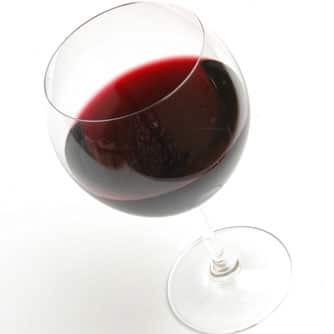In that alcohol contains about 7 calories per gram (with approximately 28 grams per ounce), past research has been inconsistent regarding whether alcohol beverage consumption may lead to weight gain through an imbalance of energy consumed and energy burned. Lu Wang, from Brigham and Women’s Hospital (Massachusetts, USA), and colleagues studied a group of 19,220 American women, ages 38.9 years or older, who were free of cardiovascular disease, cancer, and diabetes mellitus and had a body mass index (BMI) in the normal range (18.5 to 25 kg/m2) at the study’s start. For a follow-up period of 13 years, the participants’ alcohol beverage consumption was surveyed, and body weight reported annually. The team found that those women who did not drink alcohol at all gained the most weight, with weight gain decreasing as alcohol intake increased. Compared to women who did not drink at all, those who consumed some, but less than 40 grams per day, of alcohol were less likely to become overweight or obese. The researchers determined that those women who drank 15 to less than 30 grams per day had the lowest risk, which was almost 30% lower than that of non-drinkers. The researchers conclude that: “Compared with nondrinkers, initially normal-weight women who consumed a light to moderate amount of alcohol gained less weight and had a lower risk of becoming overweight and/or obese during 12.9 years of follow-up.”
Alcohol May Help to Curb Weight Gain in Women
Lu Wang; I-Min Lee; JoAnn E. Manson; Julie E. Buring; Howard D. Sesso. “Alcohol Consumption, Weight Gain, and Risk of Becoming Overweight in Middle-aged and Older Women.” Arch Intern Med, Mar 2010; 170: 453 - 461.
RELATED ARTICLES




